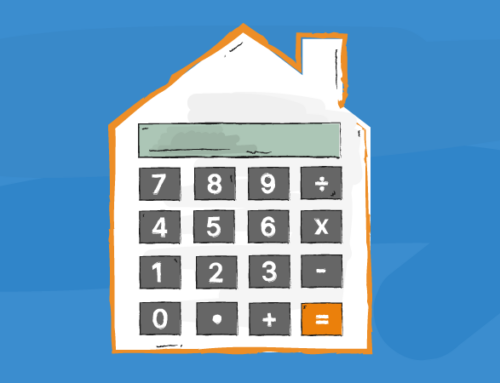Four common mistakes to avoid as a landlord
Even with the best intentions, mistakes can happen. The larger the portfolio, the more tenancies you have to manage, and during busy periods it can become a lot.
Unfortunately, when things go wrong this can cause you financial and legal problems. Being aware of these common mistakes to avoid as a landlord might help you in the future:
1. Tenancy agreements lacking in detail
We cannot stress enough the importance of a sound tenancy agreement. If you have a number of properties that need new tenants you may be tempted to draft up tenancy agreements as quickly as possible, but don’t cause yourself trouble that can be avoided!
Without in-depth tenancy agreements, you leave yourself vulnerable to tenants mistreating your property or even failing to pay their rent on time, and if you do decide to start the eviction process it will be difficult to argue your case without a proper tenancy agreement.
Even if you face tight time constraints, be sure to spend a good amount of time going over each new tenancy agreement, that way your business will remain safe.
2. Failing to register deposits on time
In order to reduce the amount of tenant-landlord disputes and give less power to rogue landlords, the government introduced new legislation. All tenancy deposits must be placed within a registered scheme.
There have been instances of landlords spending tenant deposits before the end of the tenancies, sometimes with no intention of returning them. This is unfair and clearly immoral.
Deposits are vital for landlords, in case of damages to the property found at the end of the tenancy. Therefore they must be taken, but protect yourself and register it with a government-approved scheme!
Deposit protection schemes benefit both landlords and tenants, but if you fail to register a deposit within thirty days you could receive a fine.
3. Late responses to tenant queries
As a tenant, it’s frustrating to have an issue with your rented home and struggle to get a response from your landlord. Even if it sounds like something small and unimportant, you can’t be sure how much stress it is causing your tenant.
When it comes to property maintenance, you should give yourself a set turnaround time, such as one week, to address the issue and put a plan in place to have it resolved. Depending on your policy, your landlord insurance provider might be able to provide financial support if needed.
Whatever the problem and solution, be sure to undertake an inspection to see for yourself that the issue has been resolved.
4. Not taking enough time off
Having a clear mind means you will be able to deal with situations calmly and logically. It may seem obvious, but a bust schedule can cause you to forget about your own well-being, which is why this is on our list!
If you find it difficult to set rigid work hours, try instead to set aside periods for relaxation. Remember that typically working days are Monday to Friday, but this can be interpreted as five days on and two days off. The same goes for working hours – 9am to 5pm, but that’s about 7 hours of work a day, whenever you decide to do it.
Compare this to your current schedule – are you overworking yourself? If you’re working fewer hours and your business is comfortably under control, this is fine too!
When it comes to creating your schedule, you should always factor in time to relax. A lack of rest will only cause you to feel run down and you may become more easily susceptible to illness. Nobody does their best work when they’re stressed and tired…
Although we have created this article to bring these common mistakes to avoid as a landlord to your attention, we know that nobody is perfect. Mistakes happen and that doesn’t make you a bad landlord. However, you shouldn’t continually make the same mistakes and not learn from them. You should be willing to grow as a professional landlord, in order to keep up with your growing business.
Disclaimer: The opinions and views expressed in the above article are those of the author only and are for guidance purposes only. The author disclaims any liability for reliance upon those opinions and would encourage readers to rely upon more than one source before making a decision based on the information.




